|
The Future of Mediation Confidentiality |
|
It has been nearly 40 months since the California Supreme Court filed its opinion in
Cassel v. Superior Court (2011) 51 Cal.4th 113. That decision, much anticipated by the greater mediation community, reiterated the statements by the court in its previous four decisions addressing the issue of the scope of mediation confidentiality,
Foxgate Homeowners’ Assoc. v. Bramalea (2001) 26 Cal.4th 1, Rojas v. Superior Court (2004) 33 Cal.4th 407, Fair v. Bakhtiari
(2006) 40 Cal.4th 189 and Simmons v. Ghaderi (2008) 44 Cal.4th 570.
Despite challenges to the 1997 legislative mandate of Evidence Code Sections 1115-1128 and the strong public policy surrounding the evidentiary exclusion provided by mediation confidentiality, the court unequivocally announced that if there is to be a change in the application of mediation confidentiality, it must come from legislature, not the court. The argument being proffered by some is that the mandate of the
Cassel decision deprives parties of their right to sue their attorneys for the alleged commission of malpractice in the course and conduct of a mediation. For the time being, this argument has been squelched by the California Supreme Court.
|

Do you know the answer to the question posed above? If you don’t, you could be in for an unpleasant surprise as your lawsuit progresses and in the ultimate judgment issued by the court.
In the vast majority of courts in California, when a lawsuit is filed, the case will be assigned to a judge. You may believe that because your case will ultimately be decided by a jury, it does not matter who your judge is. However, this is proven untrue in real-world litigation. Whether you are a plaintiff or defendant, the decisions made by this one individual can dramatically impact the outcome of your case. What do you know about this judge, and what should you try to learn at the onset of the case? Once an attorney files the client’s initial appearance in the case, she has a mere 15 days thereafter to file the one peremptory challenge to the assigned judge pursuant to Code of Civil Procedure 170.6, which results in the random assignment of a new judge.
|
|
Richard Williams Selected for Inclusion on 2014
Northern California Super Lawyers List |

Partner Richard Williams was selected for inclusion on the 2014 Northern California Super Lawyers
list in recognition for his work in complex litigation matters, including product and premises liability, catastrophic personal injury, public entity defense, real estate, and employment and unfair business practices. Mr. Williams represents a range of clients including insurance companies, business service firms, collection services, higher education organizations, school districts and property management firms. |
|
David Fisher Appointed to Advisory Board for Focus on Children Now
|

Partner David Fisher has been appointed to the Advisory Board for Focus on Children Now
(FCN), a non-profit organization dedicated to helping impoverished children access the basic needs of life through humanitarian, education and nutrition programs. Founded in 2006, FCN collaborates with local and international associations with similar missions to help disadvantaged families.
The firm will participate in FCN’s upcoming 2nd Annual Golf Tournament at the Angeles National Golf Club on Monday, November 3.
|
“I’ve known Barry Brown on a personal level for countless years. I have retained him to represent me on two construction litigation projects. He was a great asset to my legal team, and ultimately helped me secure a settlement that was, at the time, the largest residential construction award in our county. I know I’m in great hands when Barry is handling my case, and I have the highest regard for him and for the firm. I recommendGray·Duffy
wholeheartedly.”
-Barbara Caulley, Client
|
|
|
So You Think You Know The Law
|
True or False?
I can sue my attorney for legal malpractice based upon his forcing me to settle my case at the mediation for less than we had agreed to prior to the mediation.
True or False?
If I settle my case at mediation, I may use the written settlement agreement signed at the mediation to enforce the terms of the settlement.
True or False?
In any lawsuit related to settlement negotiations that took place at mediation, I can use statements by attorneys, the mediator, or other parties at the mediation as evidence.
|
 |
 |
Recent Case Law Holds Different Salespersons Under the Same Broker As Dual Agents
It is well established that a dual agent owes a fiduciary duty to both the buyer and the seller. A recent case determined that when a buyer and seller are working with different salespersons in the same brokerage – even different offices – both the broker and the salespersons are dual agents. Therefore, the case held that whether the broker is a natural person or a corporation, the salespersons on either side of the transaction owe a fiduciary duty to both the buyer and the seller.
California Appellate case:
Horiike v. Coldwell Banker Residential Brokerage
, filed April 9, 2014, Second District, Div. Five, 225 Cal.App.4th 427; 169 Cal.Rptr.3d 891
|
Limited Liability Partners and Aiding and Abetting
American Master Lease LLC v. Idanta Partners, Ltd. (Second Dist., Div. Seven, 5/5/14), recently published the holding that a defendant can be liable for aiding and abetting breach of fiduciary duty without owing the plaintiff a fiduciary duty.
|
|
|









